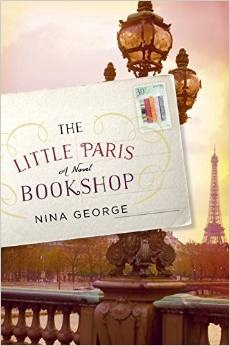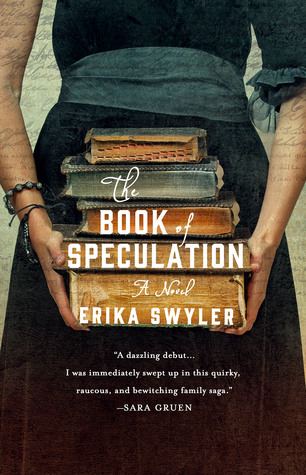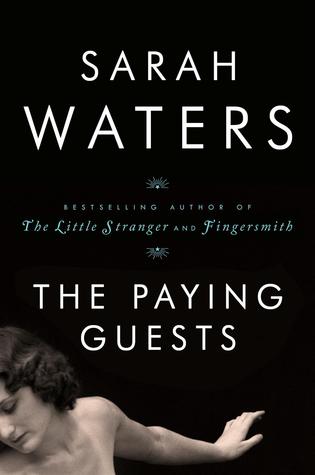The House at Riverton by Kate Morton. Washington Square Press; 2009. 484 pages. Paperback/Softcover.
This is one of those books that frustrates me.
This is one of those books that was both good, bad, intriguing, and boring all at the same time. If you've never read a book like that, then that probably sounds pretty odd. However, I'm inclined to believe that most readers have come across a book or two like this throughout their reading journeys.
In brief, this story is told with a mix of present-day narrative and flashbacks (though more flashbacks than present-day narrative) by Grace, a woman who worked as a housemaid at the Riverton household. Her flashbacks are prompted by a film producer who intends to create a film revolving around the shocking suicide that took place at the household one night.
To begin this review, I would like to start at the end. The ending was brilliant; I loved it. It was the ending that saved the book - big time. Some people claim that it was "predictable" and "cliche," but I didn't find it to be that way at all. Perhaps I just haven't read the same books as them. Who knows. The entire story before the end sort of drudged along until the climactic moment at the end when we learn what really happened to all of the characters. I think the key to this ending being so remarkable was because rather than just revealing the answers to all of our (and the characters') questions in a regular, story-telling motion, Morton uses an incredibly powerful writing style shift that grips your heart and soul and compels you to keep reading. Without this wonderful shift, it would not have been nearly as successful.
Now, the rest of the book. It wasn't a bad book; it had a great plot and storyline, but it simply took way too long to get to anything important. If the great reveal at the end of the book was told in a slightly less impacting manner, it would not have saved the book, and would have instead been a complete letdown.
The House at Riverton simply didn't flow in an even pattern. Rather than nice, mellow waves of a lazy river, it was a choppier, hectic one. The book consists of the present-day, older Grace telling stories and having flashbacks about her days at Riverton. However, this was not executed in a very graceful (no pun intended) manner; rather than having a consistent switching off between narratives, Morton would have the flashbacks occur for several chapters in a row, and then suddenly switch back to the present-day narrative within one of those chapters. There was no continuity. The only time in which I felt Morton did good work of using dual narratives was towards the end when she started to blur them together, which was a nice reflection of how Grace's life had been influenced and continues to be affected by her past at Riverton and with Hannah.
It was also hard for me to connect with the characters, which I think was one of the larger problems that sort of ruined the reading experience for me. The only character that I felt I could begin to connect with was Hannah due to her longing for independence and adventure; anyone who has been or felt stuck in their life or in one place can understand that longing to explore the world and be your own person, rather than just act as a mere toy for a man's world. Grace was understandable, but I could never quite understand her actions, or lack thereof, which often left me frustrated and confused. I will, however, commend Morton for maintaining a consistent tone and personality with Grace; she remained reliable in her views and opinions. Overall, however, there was too much distance between all of the characters involved.
Morton's saving grace was her wonderful descriptions of the people, places, and things that inhabit the time period in which this story is set, the early 1900s. She was truly able to capture the life of housemaids and the rest of the serving staff, as well as the lives of those who the staff work for. Everything was very precise and spot-on, and I have to admit I was reminded of Downton Abbey a few time during the household descriptions.
Overall, I would have to give The House at Riverton three stars. It had excellent plot potential, but unfortunately lacked the execution that would have made it truly unforgettable.
If you like historical fiction books like The House at Riverton, you might also like:
Set in the early 1900s London, The Paying Guests focuses on the life of a woman named Frances, who, along with her mother, decided to rent out their house two a young couple, unbeknownst to what troubles will arise.
The Miniaturist by Jessie Burton
This book follows a young woman who has been married to a merchant seller and must now move from her life to live at his house. She receives a miniature set of the house itself as a wedding gift, and is shocked when she finds that someone is sending her miniature additions that are a bit too close to home.





